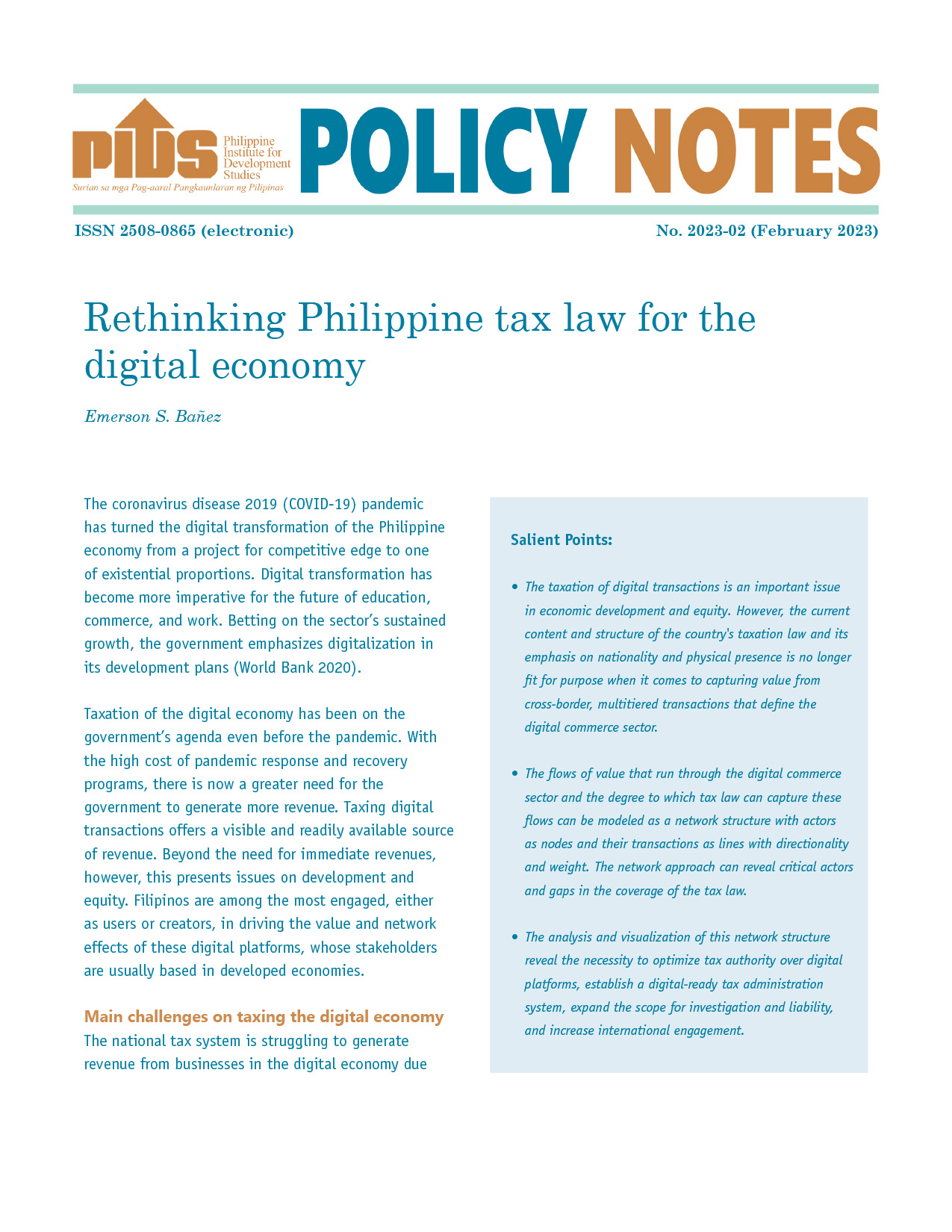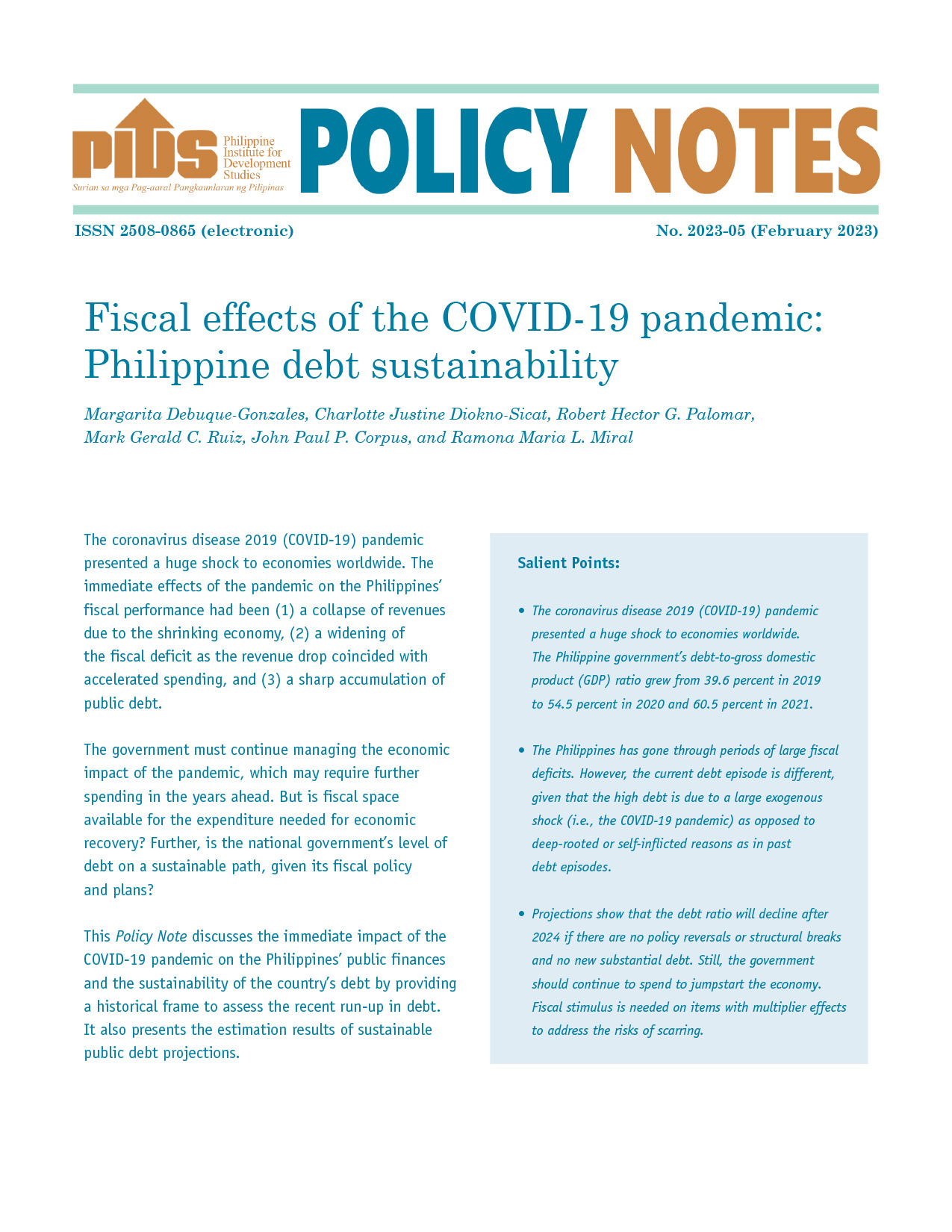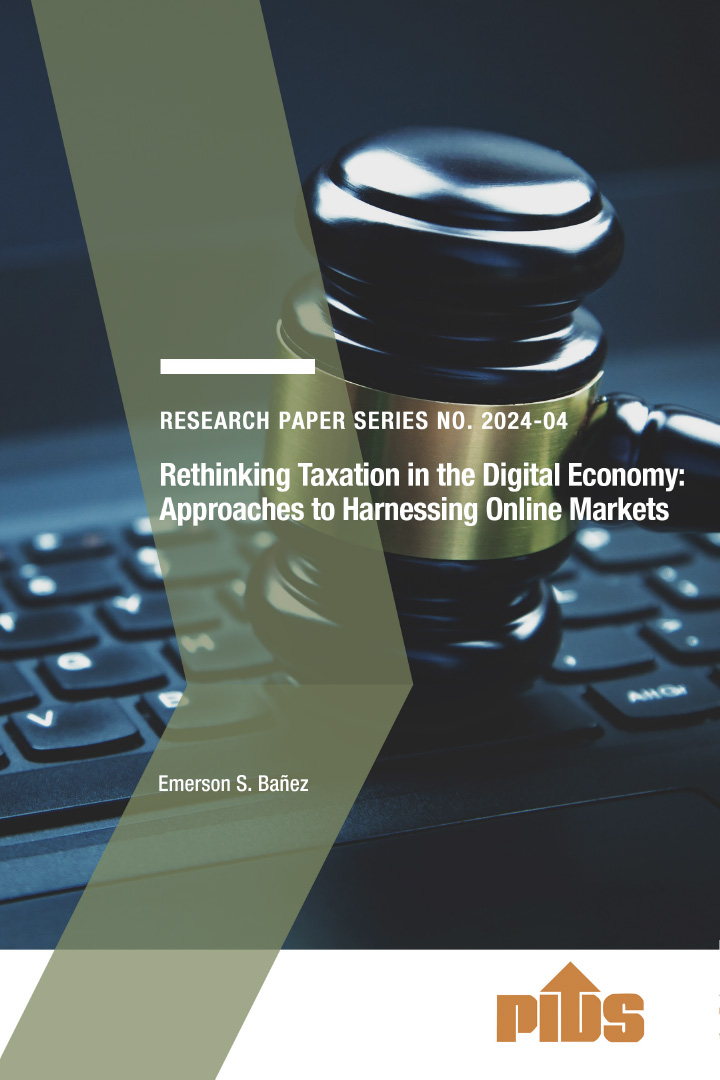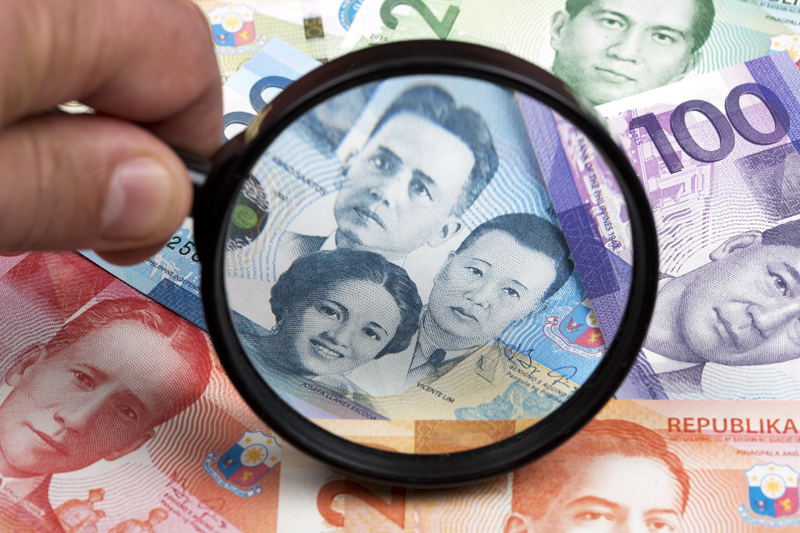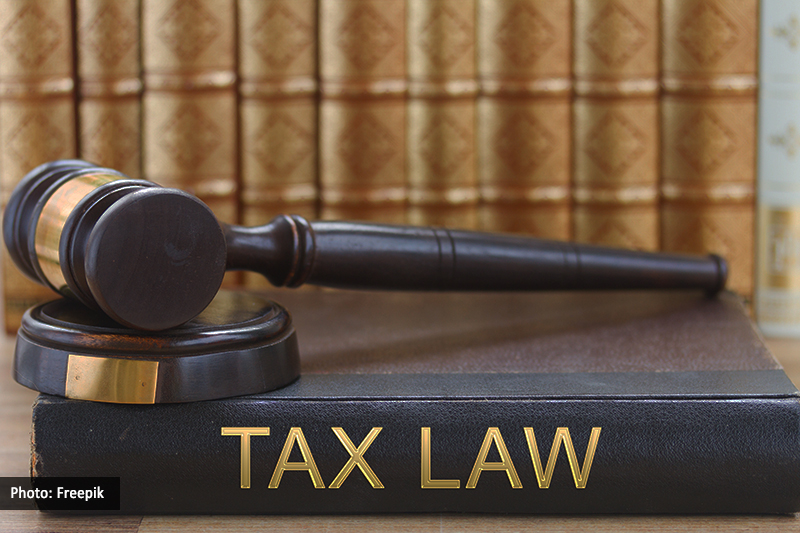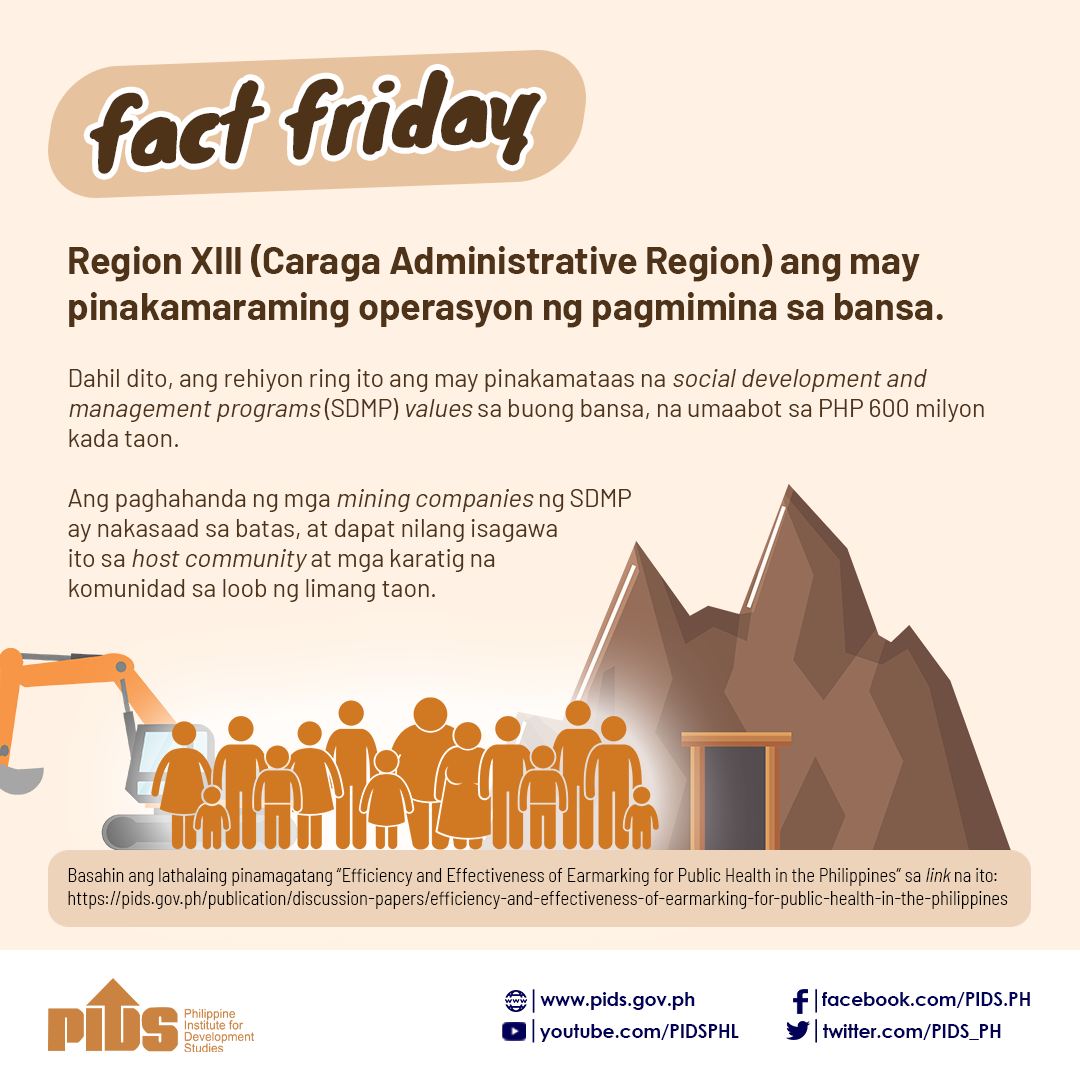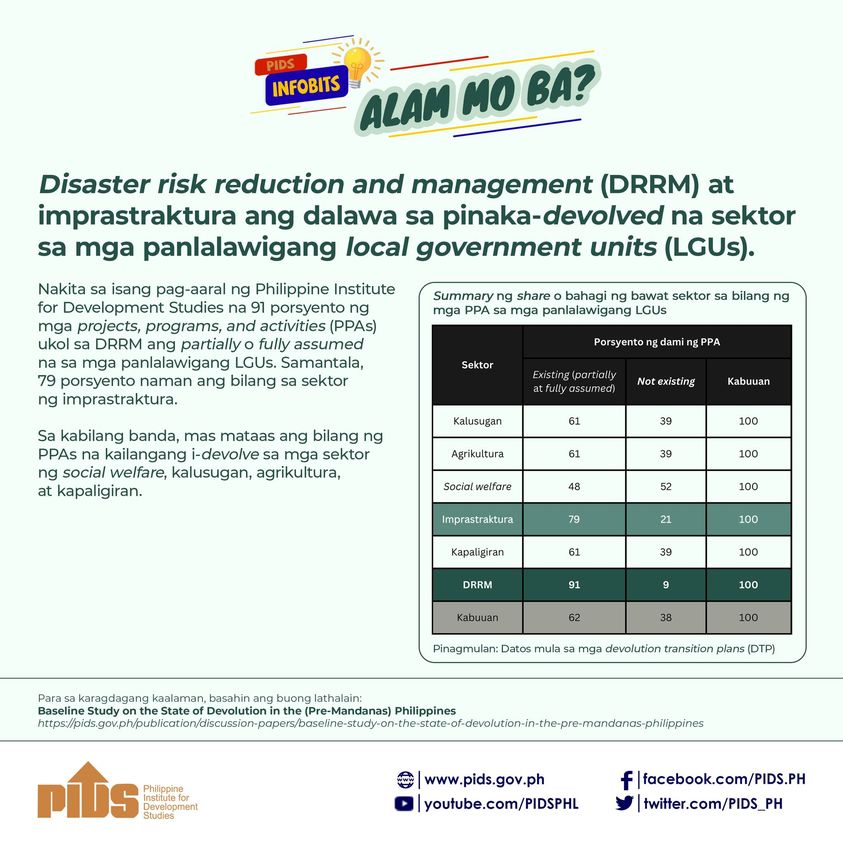BANGKO SENTRAL ng Pilipinas (BSP) Governor Benjamin E. Diokno on Thursday said he will prioritize debt management when he assumes his new post as Finance secretary in July.
“Maybe the first item in the agenda will be the sustainability of our public debt,” Mr. Diokno said at a briefing on Thursday afternoon, hours after President-elect Ferdinand R. Marcos, Jr. announced his appointment.
The National Government’s debt stood at a record P12.68 trillion as of end-March, equivalent to 63.5% of gross domestic product (GDP). The debt-to-GDP ratio exceeds the 60% threshold considered manageable by multilateral lenders for developing economies.
“Our debt-to-GDP ratio is slightly above the 60% limit. I don’t think that is really a cause for concern because as long as we continue to grow at around 6-7% on a sustainable basis, we can easily outgrow our debt,” Mr. Diokno said.
However, it is equally important to look at the sustainability of the debt, he added.
“This is, of course, to assure everybody, the domestic audience and our international credit watchers that we are serious about consolidating our fiscal resources so that we are able to reduce our debt and deficit-to-GDP ratio over time,” Mr. Diokno said.
In a recently published discussion paper by the Philippine Institute for Development Studies, the debt-to-GDP ratio is estimated to peak at 66.8% until 2024.
Also, Mr. Diokno said they will look at the fiscal consolidation plan proposed by outgoing Finance Secretary Carlos G. Dominguez III.
“This government has done a lot of reforms. The tax system that we are leaving to the next government, which I’m going to receive for the incoming government, is much much better than the tax system that we inherited from the previous administration. I’m not saying it’s a perfect tax system. There can be some improvements,” he said.
The Department of Finance (DoF) proposed three tax reform packages that it described as “fair, efficient and corrective,” which will be implemented from 2023 to 2025. This includes imposition of new taxes on digital services, luxury goods and single-use plastic; deferment of personal income tax reductions for three years; and a repeal of some tax exemptions.
The Bureau of the Treasury has estimated the government needs to raise P249 billion every year in revenues to avoid resorting to borrowings to pay the P3.2-trillion additional debt incurred during the pandemic.
Mr. Dominguez also warned the government should not cover existing debt by borrowing more or reducing spending.

